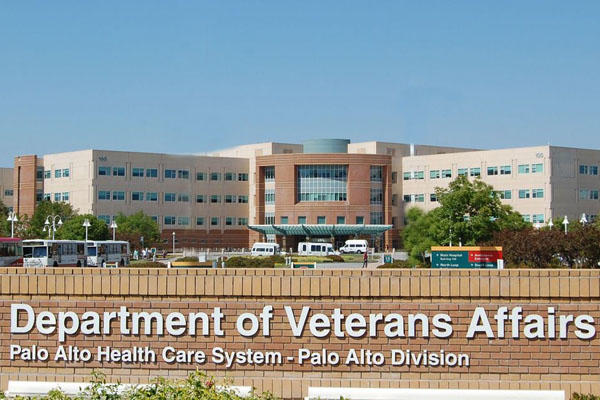By Garry J. Augustine
When it comes to how to strengthen the Department of Veterans Affairs, candidates, Congressmen and pundits need to stop talking and start listening—specifically, listening to veterans. Privatized health care is not what veterans want, yet just last week a congressionally-authorized Commission was discussing whether to shut down the entire VA health care system over the next twenty years.
In a recent survey of America’s 22 million veterans conducted by global research firm GfK for the DAV (Disabled American Veterans), 87 percent of veterans said the federal government should provide a health system dedicated to the needs of ill and injured veterans. The same message came from veterans surveyed by the well-respected and bipartisan survey team of Lake Research and Chesapeake Beach Consulting. Their survey found that regardless of political party, branch of service or geography, America’s veterans strongly oppose privatizing VA health care. Eighty percent oppose turning VA health care into a system of private sector vouchers, and more than half of the veterans surveyed said that they would be less likely to vote for a candidate who supported privatization, including 53% of veterans who identified as Republicans, 57% of independents and 67% of Democrats.
Looking at how privatization proposals would radically change veterans health care shows why so many strongly oppose this idea. For example, moving all veterans out of the federally-run VA health care system and into private sector hospitals or insurance programs would result in a shift from veteran-centric health care to financially-driven medical care. In all likelihood, the same economic pressures forcing private doctors to see more patients per hour by shortening appointment times will negatively affect veterans health care. Corporate imperatives to increase profit margins could become as important as clinical considerations about how to treat PTSD, TBI and other complex medical conditions. And millions of veterans might have to choose whether they can afford to get all the care they require if they have to pay more out-of-pocket in copayments and deductibles for private care.
Even proposals that call for only privatizing the leadership of the VA health care system, by converting it from a public system to a private nonprofit corporation similar to Amtrak or the U.S. Postal Service, would make it run more like a for-profit business. Such a change would put management of the VA in the hands of an unaccountable entity driven by corporate considerations, with little oversight by Congress or veterans themselves. This would allow the Board to close VA hospitals, determine which veterans are eligible for care and how much care they can get.
There’s no question that the VA health care system needs to change—dramatically—to meet the needs of today’s and tomorrow’s veterans. But that can’t be accomplished by ripping apart the VA and forcing veterans to navigate health care on their own in the private sector. Instead, the way to improve veterans health care is by building upon the strengths of VA, which includes unparalleled expertise treating the unique conditions of ill and injured veterans, while working to fix systemic problems hindering the delivery of care. As the RAND Corporation has recently confirmed, when veterans get access to VA care, the quality is high. In fact, RAND found that on 12 of 14 objective measures, VA health care performed the same or significantly better than non-VA health care systems.
In order to create the health care system veterans have earned and deserve, VA needs to remain focused on providing high-quality, accessible, comprehensive and veteran-centric medical care. That will require the creation of local veterans health care networks that seamlessly integrate community care into an improved VA system to ensure veterans get the best health care, when and where they need it. At the same time, VA should take advantage of private sector expertise in nonmedical support services like construction, maintenance and development of IT infrastructure. VA must continue to push forward with its MyVA initiative designed to improve veterans’ experience and satisfaction with VA health care based on the best practices in the private sector. And Congress must ensure that VA has the resources needed to hire sufficient medical personnel, expand treatment space, and update technology and systems.
The federal government has a responsibility to make sure veterans have access to quality health care. America’s 22 million veterans need—and have every right to expect—the government to live up to this responsibility. That certainly won’t happen if Uncle Sam hands some unqualified, private entity the keys to every VA medical facility and clinic.
Garry J. Augustine, a Vietnam-era combat-wounded Army veteran and Maryland resident, is Executive Director of DAV’s Washington, D.C. Headquarters.




